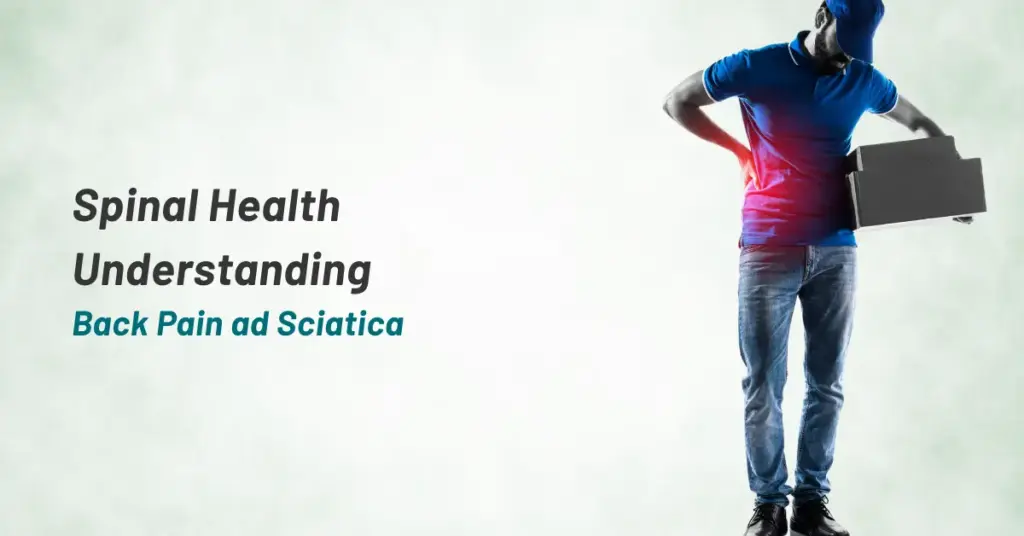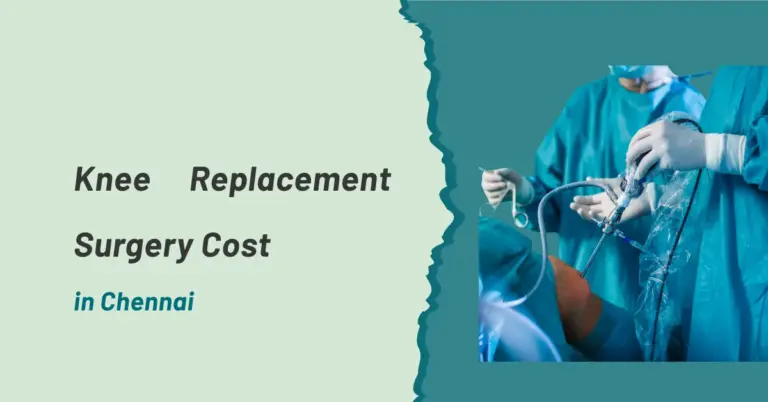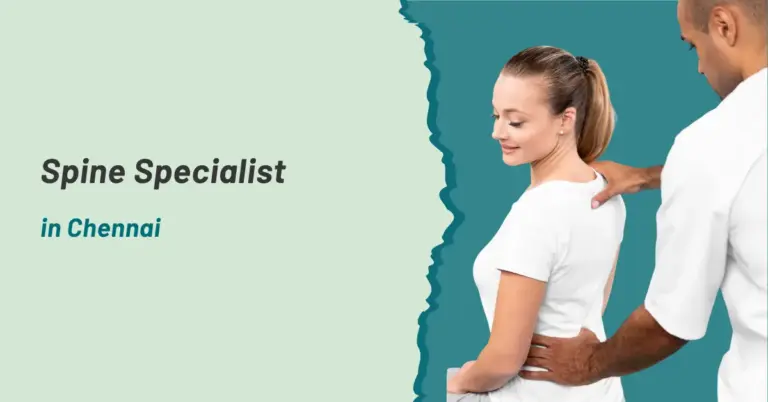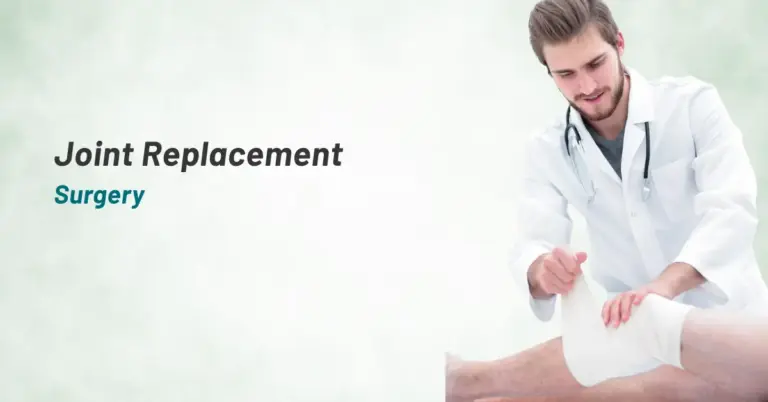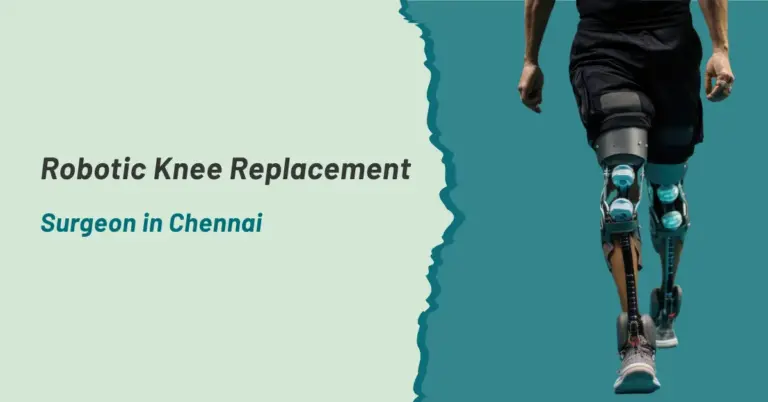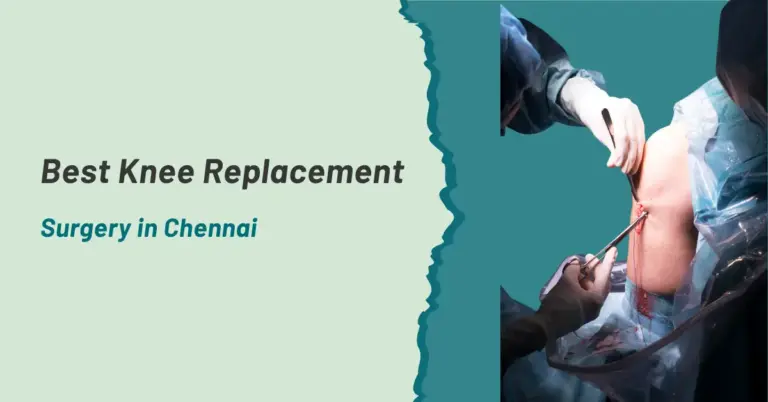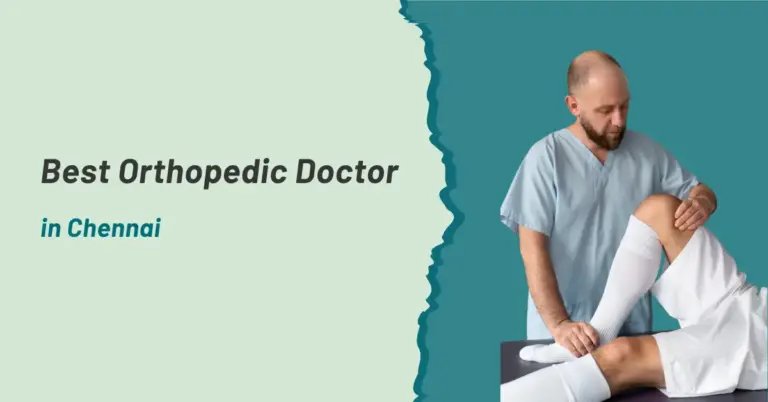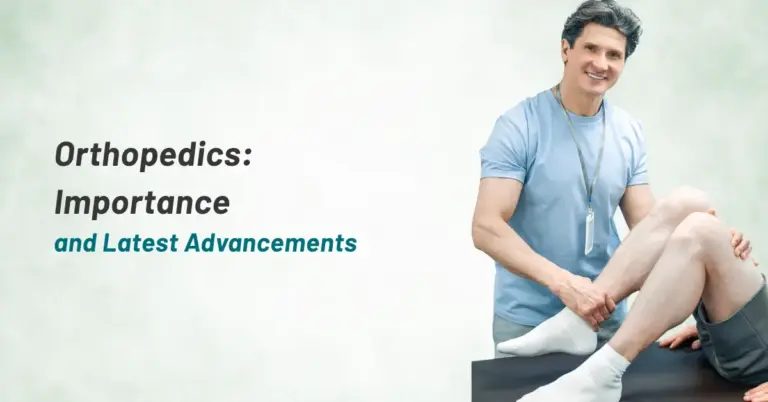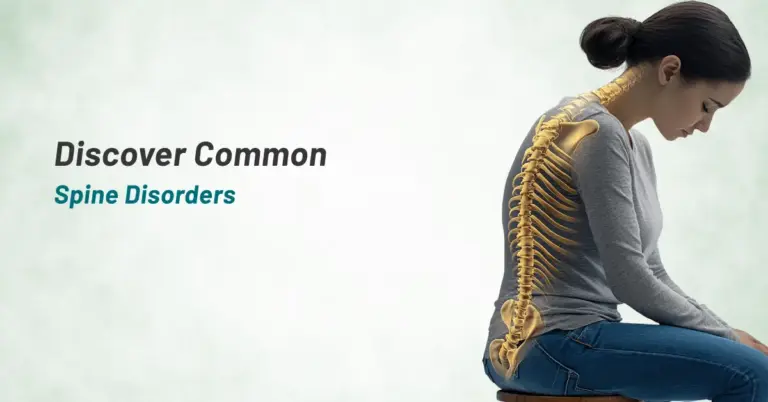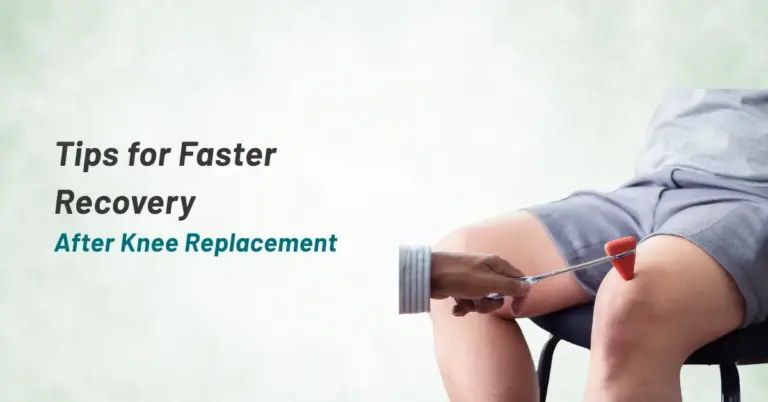Did you know that nearly 80% of people will experience back pain at some point in their lives? In our fast-paced world, back pain and sciatica have become common health concerns that impact millions. These conditions not only cause discomfort but also affect mobility and quality of life. In this guide, we’ll delve into the causes, symptoms, and treatment options for back pain and sciatica, empowering you with the knowledge to manage and prevent these issues effectively.
Back Pain – Causes and Symptoms
Causes of Back Pain
- Muscle Strain: Back pain often arises from muscle strain, which can be caused by prolonged poor posture, heavy lifting, or sudden movements. These strains can lead to pain, discomfort, and stiffness.
- Herniated Discs: The spine has discs that act as cushions between vertebrae. When these discs bulge or rupture, they can press on nearby nerves, leading to sharp and intense pain.
- Arthritis: Conditions like osteoarthritis can affect the spine, causing inflammation, stiffness, and persistent back pain.Spinal Stenosis
This condition involves the narrowing of the spinal canal, which puts pressure on nerves, resulting in back pain and reduced mobility.
Symptoms of Back Pain
Back pain can present in various ways, including:
- A persistent dull ache
- Intermittent sharp, shooting pain
- Limited flexibility and movement
- Muscle spasms in the affected area
Treatment Options for Back Pain
- Physical Therapy: Physical therapy involves targeted exercises to strengthen the back muscles and improve flexibility, which can help relieve pain and prevent future episodes.
- Medications: Healthcare professionals may prescribe pain relievers or anti-inflammatory drugs to manage symptoms.
- Heat or Ice Therapy: Applying heat or ice to the painful area can help reduce inflammation and ease discomfort.
- Lifestyle Changes: Simple lifestyle adjustments, such as improving posture, maintaining a healthy weight, and avoiding prolonged sitting, can go a long way in providing long-term relief from back pain.
Sciatica – Causes and Symptoms
Causes of Sciatica
- Herniated Disc: Sciatica commonly occurs when a herniated disc places pressure on the sciatic nerve, leading to pain that radiates from the lower back down to the legs.
- Spinal Stenosis: Similar to back pain, spinal stenosis can also cause sciatica when the narrowing spinal canal compresses the sciatic nerve.
- Piriformis Syndrome: The piriformis muscle, located in the buttocks, can irritate the sciatic nerve if it becomes too tight or inflamed, resulting in sciatica symptoms.
- Spondylolisthesis: This condition occurs when one vertebra slips over another, potentially compressing nerve roots and leading to sciatica.
Symptoms of Sciatica
- Sciatica can cause the following symptoms:
- Shooting pain that travels down the leg
- Numbness or tingling sensations in the leg
- Weakness in the affected leg
- Difficulty standing or sitting due to pain
Treatment Options for Sciatica
- Medications
Pain relievers, muscle relaxants, and anti-inflammatory medications can help manage sciatica symptoms. - Physical Therapy
Specific exercises are designed to relieve pressure on the sciatic nerve and improve flexibility, providing significant relief. - Epidural Steroid Injections
These injections reduce inflammation around the sciatic nerve, offering temporary relief from pain. - Surgery
In severe cases where other treatments fail, surgical intervention may be necessary to alleviate pressure on the sciatic nerve.
Conclusion
Spinal health is fundamental to maintaining an active, pain-free lifestyle. Whether it’s back pain or sciatica, understanding the causes, recognizing symptoms, and exploring effective treatments are key to managing these conditions. Persistent back pain or sciatica symptoms should be evaluated by a healthcare professional to receive a personalized diagnosis and comprehensive treatment plan. Remember, a healthy spine is the foundation of a healthy life, so take proactive steps to prioritize spinal wellness.

